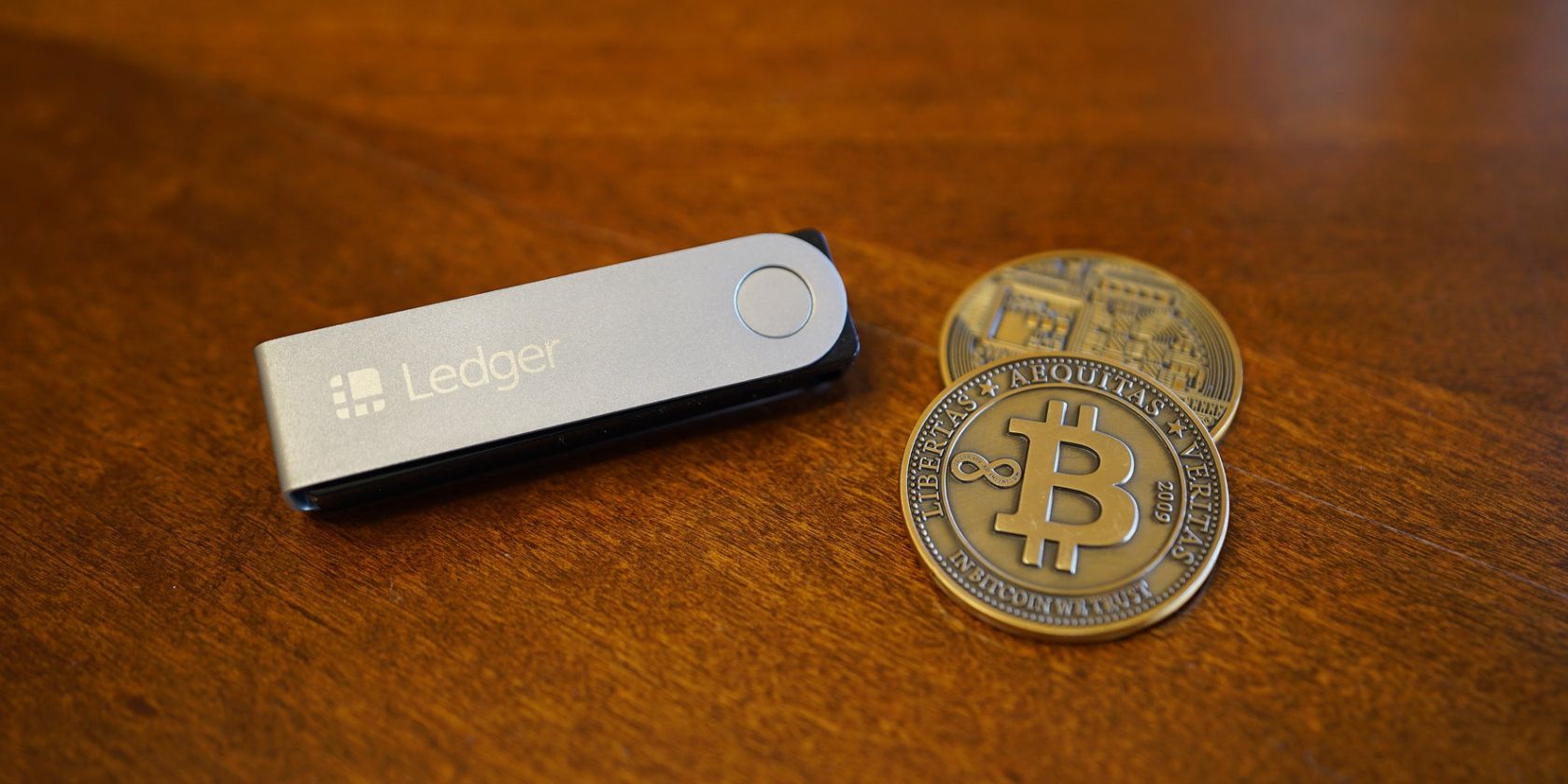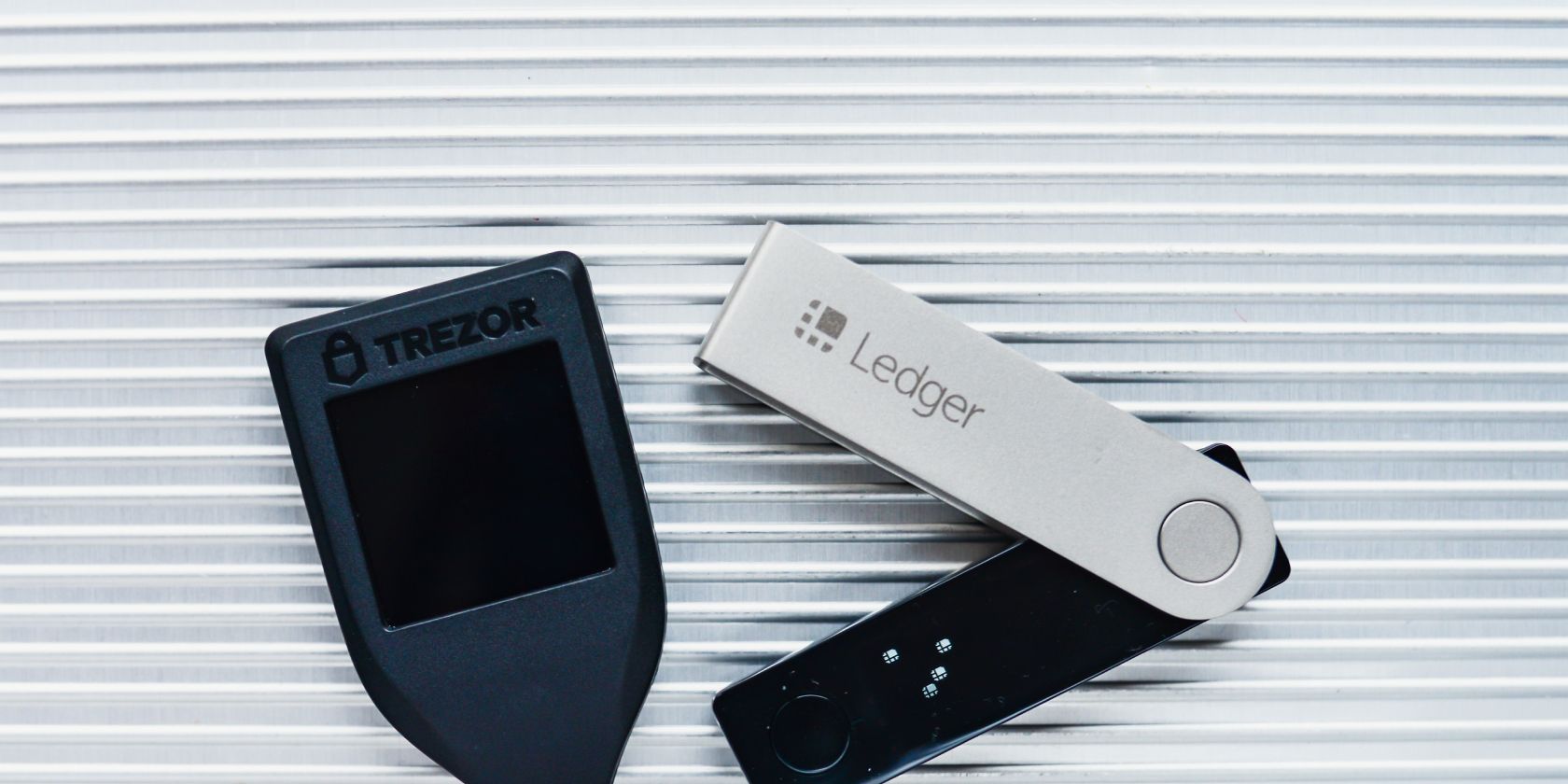When it comes to your Bitcoin funds, it's always worth choosing a reliable and secure crypto wallet to store your private keys. While there are many different wallet options out there today, it is cold storage wallets that can protect your keys most effectively.
So, what is a Bitcoin cold storage wallet, and could it be right for you?
What Is a Cold Storage Wallet?
A cold storage wallet, also known as a hardware wallet, is a physical device. Hardware wallets are generally small, lightweight, and have no Wi-Fi capabilities. This means that they can store your private keys in an offline setting. But why is this so important?
Today, most cybercrime occurs online, be it via social media, email, malicious websites, or similar. This means that many threat actors rely on an internet connection to carry out their illicit dealings. So, the risk of remote hacks is very real when it comes to hot wallets (or software wallets). Because hot wallets often have a direct connection to the internet, your private keys could be exposed to cybercriminals.
So, by isolating your private keys in an offline setting, they become drastically more secure. This is why hardware wallets are seen as safer than software wallets. While it is not impossible to hack a cold storage wallet, it is very difficult to do so, as the attacker requires physical access to the wallet device and needs to bypass any protective PINs or passphrases set up by the owner.
So, with a cold storage wallet, you can safely hold your Bitcoin private keys in isolation and cut them off from remote attacks. But what kind of Bitcoin cold storage wallets are on the market today?
Bitcoin Cold Storage Options
There are currently two key players in the cold wallet game: Ledger and Trezor. These manufacturers each have two hardware wallet models that have become widely popular among crypto owners.
While Ledger uses closed source software and a Secure Element chip, Trezor favors open source software and therefore does not use a Secure Element chip. Ledger also uses a unique operating system known as BOLOS, which is designed to protect your private data further.
We've got a piece that compares the Ledger Nano S and Trezor Model One if you'd like to learn more about these products.
But things don't stop there. KeepKey, SecUX, and ColdCard are some additional Bitcoin cold storage options that you can consider if you're not particularly keen on Ledger or Trezor's products. In fact, ColdCard is specifically designed for the storage of Bitcoin private keys.
All of these wallets have slightly different characteristics and features but can all provide you with a safe, offline place to securely store your sensitive information.
Note that cold storage wallets are not free and can sometimes be a little pricey. Every cold wallet has a different price, so don't settle for a super expensive model before considering more affordable options.
Your Bitcoin Private Keys Deserve the Utmost Safety
With your private keys, cybercriminals can conduct transactions on your behalf and drain your funds. This is why it's crucial you consider a cold storage wallet when choosing a safe place for your Bitcoin private keys.
This way, you can keep your private keys isolated from the internet and from the hands of malicious actors.



